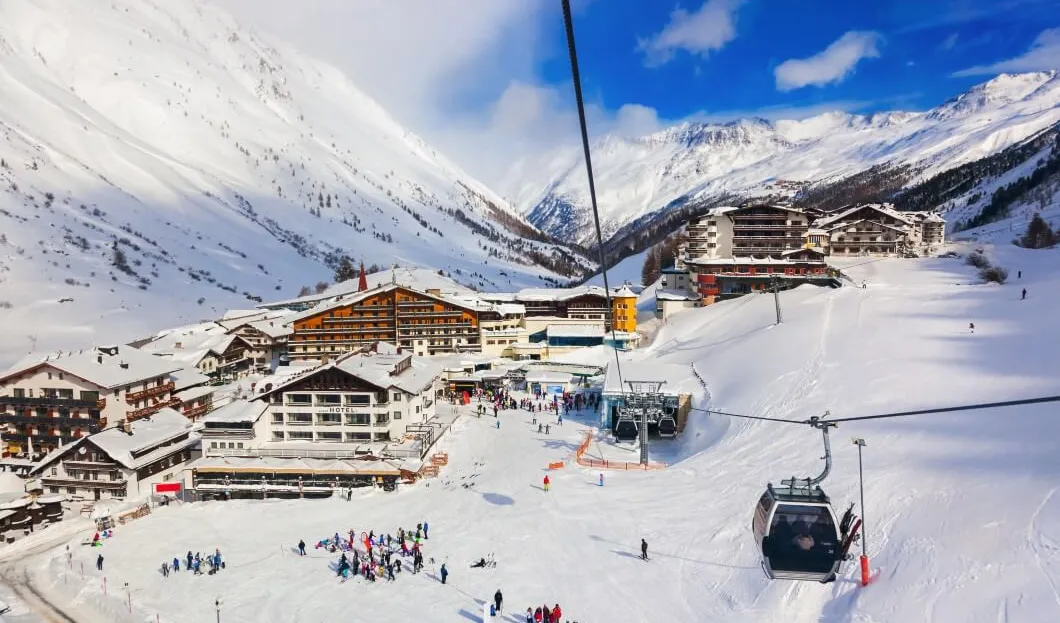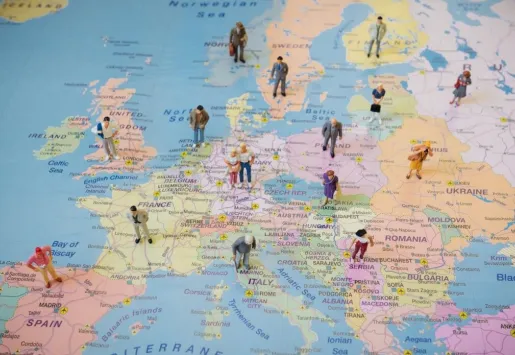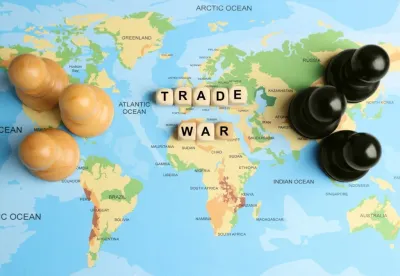
Since the start of the corona pandemic, the tourism industry has been split in two. While providers in the leisure hotel industry have recorded the best season in history in some cases, many beds in the city hotel industry remain empty because international guests are still lacking. As a result, leisure hotels are increasingly attracting the attention of investors.
Yields in the city hotel industry are falling. Vacation hotel properties have become a tradable commodity. Engel & Völkers Asset Management estimates yields in urban areas between 3 and 6 percent, while in alpine or Mediterranean areas between 4 and 10 percent - depending on the location.
According to tourism experts, the Corona crisis showed that leisure hotels are very resilient to crises. Destinations near major cities that are easy to reach by car and have extensive leisure and sports facilities are in demand, they said. Nature has taken on a new importance, and Corona has been an accelerator of this trend, they said. The retreat into the private sphere continues on vacation, which is why vacation homes and apartments are in demand.
The biggest problem for tourism professionals at the moment, is the trend toward very short-term bookings. People prefer to book today and come tomorrow.
In addition, the industry has to deal with climate-related issues. Vacation businesses in the Alpine region, for example, would have to reduce their dependence on skiing in order to survive in the long term.
Many facilities also need to embrace the digital age. It is still not possible to hold virtual conferences everywhere. More and more guests, however, would extend their stay in order to continue working locally in their home offices after their vacation.
Despite a temporary dip, the experts also see a return for the city hotel industry - probably from 2024. The industry has proven its resilience many times. After 9/11 and also after the financial crisis. After the financial crisis, the hotel industry had the best ten years in its history. The middle class is growing worldwide, so more and more people can afford to travel.














